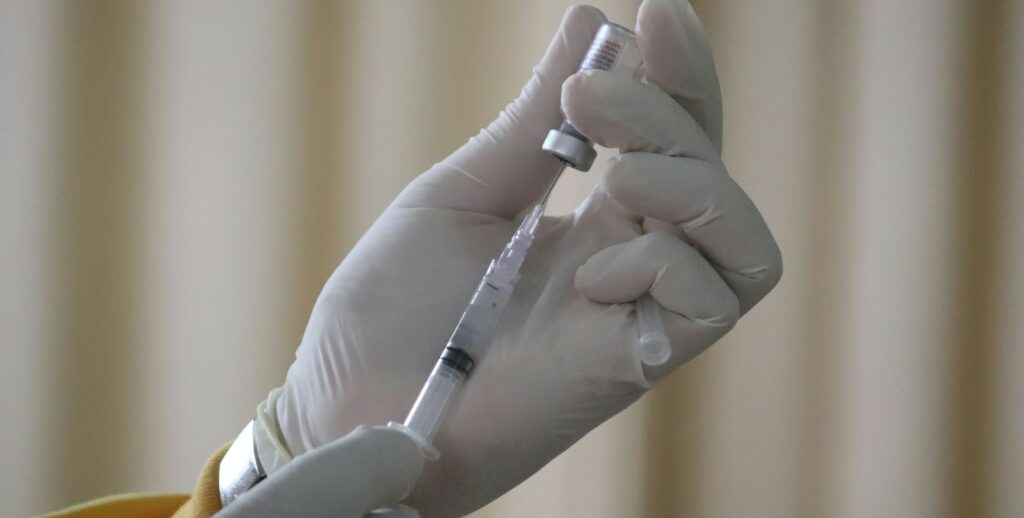Mycoplasma is among the most common STIs in Australia, affecting both men and women. It is often treated with antibiotics; however, a recent study has shown that this course of treatment is leading to the infection becoming increasingly antibiotic-resistant, with fears that it could turn into a ‘super bug’.
The findings from new research conducted at the Melbourne Sexual Health Centre encourages doctors to dissuade men who have sex with men (MSM) who are asymptomatic from testing for Mycoplasma as part of their routine STI screenings. This is in the hope that it will delay the infection’s mutation towards antibiotic-resistance.
What is Mycoplasma?
Mycoplasma genitalium, often referred to as Mycoplasma, is an infection that is passed on through sex and can affect the cervix, urethra or rectum in men and women, respectively. Mycoplasma is highly infectious and those infected are likely to pass it on to any subsequent sexual partners.
What does the new study suggest?
It remains very important for women to be tested for Mycoplasma. In women, an untreated Mycoplasma infection can spread to the reproductive organs and may lead to infertility and/or other serious health conditions. Men who only have sex with men do not risk spreading the infection to women. Therefore, if they exhibit no symptoms and the infection is not located in the urethra, it can be left to clear on its own with no consequences for a man’s fertility.
Can antibiotics be used to treat Mycoplasma?
Yes. However, antibiotics are a finite resource. This means that once an infection becomes immune to that antibiotic, it can no longer be used to effectively treat it. Because of this, doctors try to be selective over the use of antibiotics.
What are the symptoms of Mycoplasma?
Most people who are infected with Mycoplasma will have no symptoms at all. If symptoms do occur, here are some signs to look out for:
In women:
- Irregular vaginal bleeding, often occurring after sex
- Changes in vaginal discharge
- Pain during sex
- Fever
- Stinging and burning whilst urinating
In men:
- Redness at the end of the penis
- Discharge from the penis
- Pain during sex
- Fever
- Stinging and burning whilst urinating.
Speak to Better2Know in confidence
Our highly trained sexual health advisors are available by phone 24/7 and will be happy to answer any questions you have regarding STI testing. Better2Know provides Mycoplasma testing on its own, as well as testing for it as part of a number of our comprehensive STI screens. We can arrange a confidential appointment at a clinic near you.
Sources
[1] THEGUARDIAN.COM: GPs urged not to test gay men for STI ‘super bug’ over fears it will become more antibiotic resistant
[3] STIGUIDELINES.ORG.AU: Mycoplasma genitalium
[4] THECONVERSATION.COM: What is mycoplasma genitalium, the common STI you’ve probably never heard of
[5] FPV.ORG.AU: Mycoplasma Genitalium





